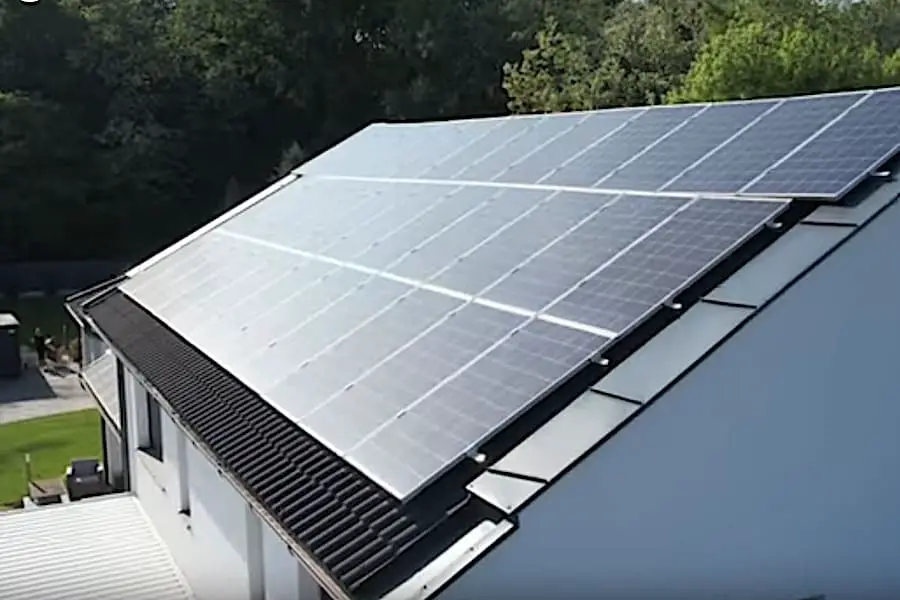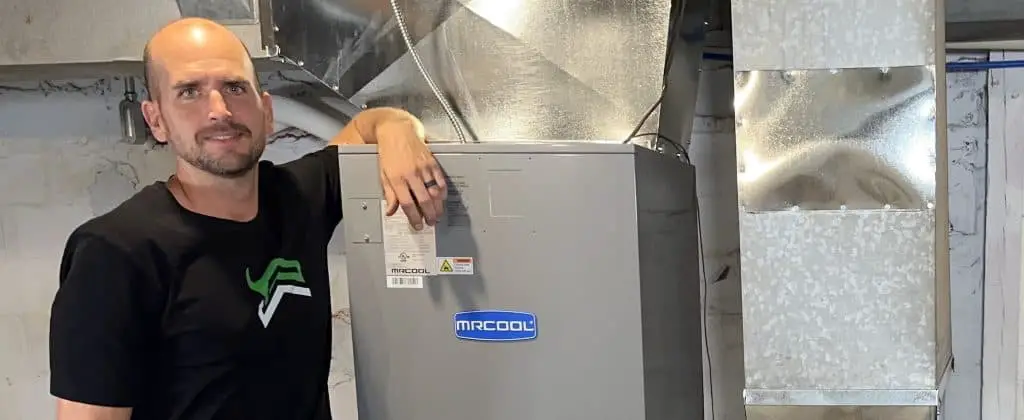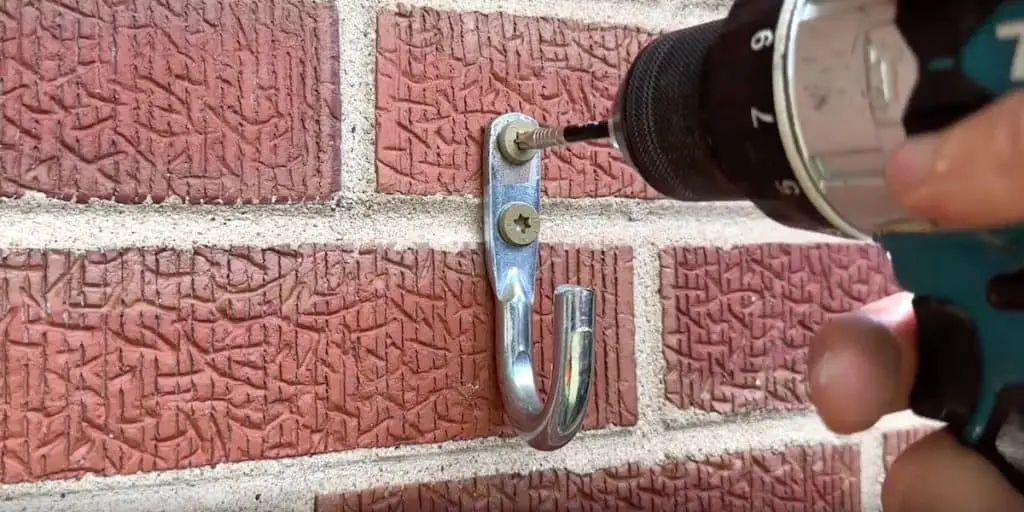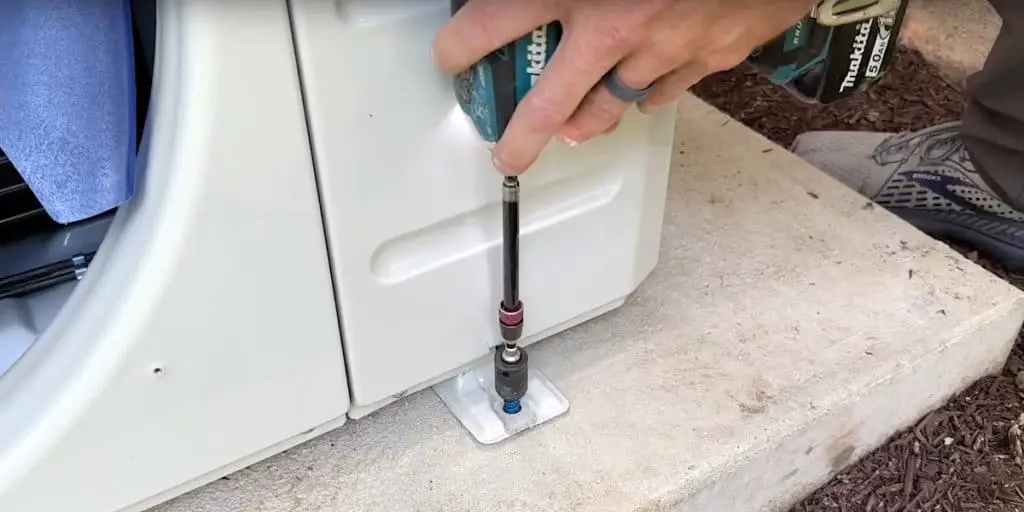Getting solar panels installed on a home is a huge project with many things to take into consideration.
I’m undertaking two solar-panel projects this year. One is a custom DIY “solar pergola” above a patio and the other is a professional installation of solar panels on my home.
Throughout this process, I have been working with Andy over at solarreviews.com to educate myself on equipment, system sizing, and financing options, as well as getting connected to local installers to price out what my system would cost.
Whether you plan to install solar panels as a do-it-yourself project or hire a professional, you’ll still want to arm yourself with some basic knowledge so that you can make the best decisions. Taking time to plan well will save you time, energy, and money.
What to Consider Before Going Solar
To help us out with our topic of solar panel installations and what to consider before embarking on a solar project, I’ve called in my colleague Mark, who is an expert on the topic.
Mark has a great channel called Top Homeowner. He’s been producing a lot of different videos on the subject of solar systems lately, which could be a great reference.
The bulk of this article is dedicated to Mark’s run-down of the pros and cons of both DIY and professional solar-panel installations. Before we jump into the advantages and disadvantages, we’ll go over the first two questions to consider when starting to think about going solar. At the end of the article, you’ll find an online resource that could be useful if you’ve decided to go the professional route for your solar panel installation.
Rather watch than read? Check out this 9-minute video.
Solar Panel Installation: Two Questions Before Starting
There are a zillion things to think about when it comes to going solar, but before thinking about anything else, it’s probably good to consider these two questions.
How Much Energy Should the Solar System Furnish?
Is the goal for your solar system to cover one hundred percent of your energy or just a part?
The answer to this question will determine the size of the system you’ll need, which of course directly impacts the cost. Starting off with a solar system that covers only part of your energy needs reduces the upfront investment. You can also expand and upgrade in the future with newer technology.
Where Do You Plan to Install the Solar Panels?
The two most common places for solar installations are the roof and the backyard. Having enough space is one of the key considerations here. Obviously, the location has to have direct sun exposure throughout most of the day because the panels only work when they can see the sun. The more exposure to the sun, the more energy the panels will produce.
If you want to use solar energy at night or in bad weather, you’ll need to plan on storing energy in a power bank. This component can add a significant expense to your solar installation, so it’s something to evaluate carefully if funds are finite.
Solar Panel Installation: DIY vs. Professional Installations
Solar panels can be a real game-changer for your home’s energy consumption but choosing between a DIY or a professional installation can be a difficult decision. After all, making the wrong choice can lead to wasted time and money. Let’s look at the pros and cons of each.
DIY Solar-Panel Installation: Advantages
Obviously, the greatest advantage of a DIY solar-panel installation is that it will save you money. The cost of labor represents a significant portion of the cost of installing solar — typically 10-20% — so this can amount to a pretty decent sum.
With a do-it-yourself solar installation, you have a bit more control over the design and installation process. This could be beneficial if you have something a bit particular or outside the ordinary in mind (such as installing panels on a pergola, as mentioned in the intro).
DIY Solar-Panel Installation: Disadvantages
Installing solar panels on your own can be dangerous. Besides the electrical work that is part of a solar installation, the panels themselves can be very heavy and difficult to maneuver. Given that you’ll likely be working on a roof or elevated surface, you can see how these things could add up to a perilous situation quite easily.
Another potential disadvantage to keep in mind is that DIY solar panel installations might not come with the same warranties and support as a professional installation. If something goes wrong, either during installation or somewhere down the road, you could be looking at substantial additional costs and hassle.
Professional Solar-Panel Installation: Advantages
The main advantage of having a professional install your solar system is clear: they have the expertise needed to design and install a system that’s not only safe but also optimized for your situation. As we just mentioned, you can lean on them for support in the event of issues, and warranties are typically better. So peace of mind and added protection are the biggest benefits here, in addition to a reasonable assurance of a system that’s suitable for your needs.
Professional Solar-Panel Installation: Disadvantages
Of course, the trade-off for the assurance of a job done by a professional is the cost. Figure 10-20% of the overall cost of the project will be labor costs.
As with any system in your home, when you didn’t install it and don’t know much about how it works, you’re dependent on the installer when things fail. If your trusted professional is in high demand, you might have to wait for your solar panels to be installed or for maintenance and repair work.
DIY Solar-Panel Installation: Required Skills and Knowledge
Here is a list of skills, knowledge, and a few other things required when taking on a do-it-yourself solar panel installation.
- A basic understanding of electrical systems (both AC and DC) and how to work with them safely
- Familiarity with the major aspects of roofing (knowledge of roof types, flashing, and sealing techniques)
- All the necessary tools, including power drills and saws, and be comfortable using them
- Good understanding of solar equipment (the panels themselves, inverters, batteries)
- Knowledge of building codes, permits, and regulation related to solar
In addition to these requisites, it probably goes without saying that you shouldn’t be afraid of heights.
When you’re in the planning stages, you’ll want to be well-acquainted with the different types of solar panels, their efficiency, and their performance in different conditions.
Professional Solar-Panel Installation: Tips for Choosing the Right Installer
- Look for extensive experience in both design and installation, at both the management and installer level. Ask for examples of previous projects.
- Check the company’s credentials, licensing/certifications, and insurance.
- Read reviews and ratings from previous customers. Request references.
- Scrutinize the brands of solar panels and inverters the company utilizes to make sure they are of high quality and meet industry standards.
- Stick with components produced by reputable manufacturers with a proven track record of reliability and durability.
- Ask about financing options and incentives.
- Look for a company that offers comprehensive warranty, monitoring, and maintenance plans.
An Online Resource for Professional Solar-Installer Referrals
If you already know that installing solar is too big of a project for you, you might want to have a look at SolarReviews.com. We’re teaming up with Andy and his squad at Solar Reviews to help you out when you’ve decided you need a professional.
To get a cost estimate, just enter some basic info on the Solar Reviews website.
If you want to be connected with installers in your area, you can select that option as well.
Home Electrical: Articles and Tutorials
Regardless of your level of experience as a DIYer, the Electrical section of our website has lots of informational articles and step-by-step guides for all sorts of projects around the house. Check it out!
To Leave Comments and Questions
We welcome your comments, they steer us in the direction for future videos and articles! Please feel to leave your thoughts under the YouTube video.
Don’t forget to subscribe to our channel as we have weekly videos coming out to help you with your everyday home repairs.
Thanks for stopping by!




